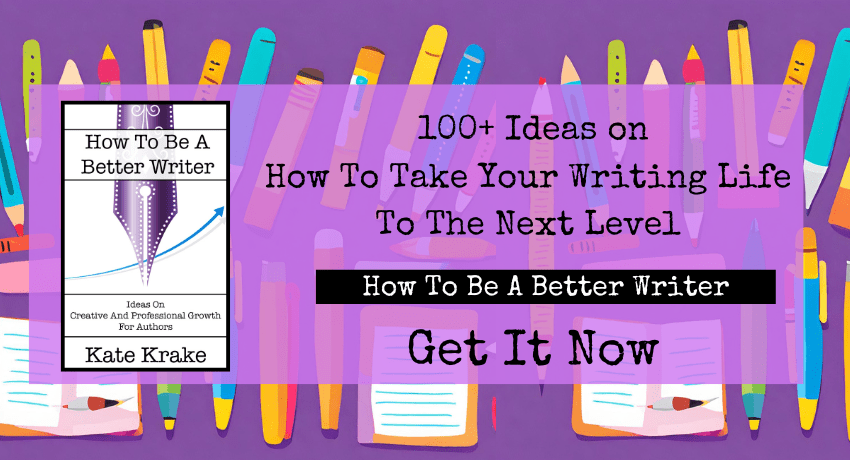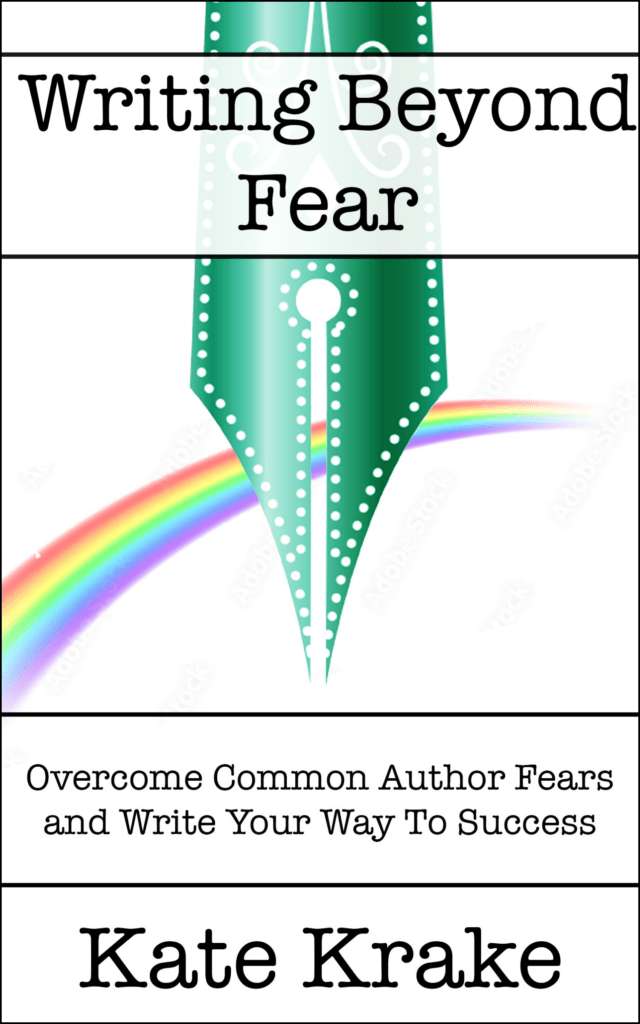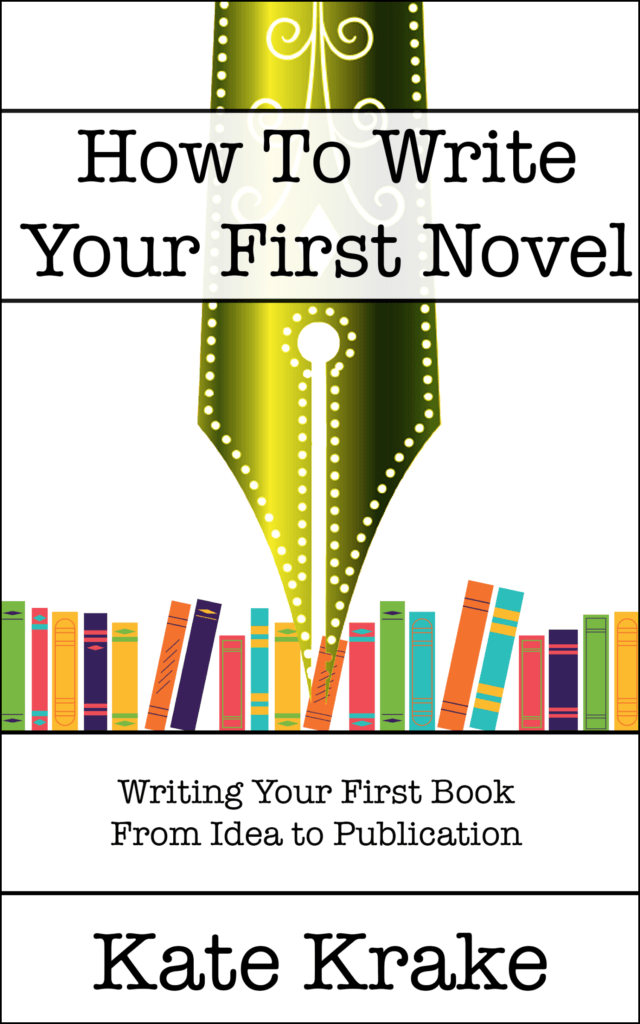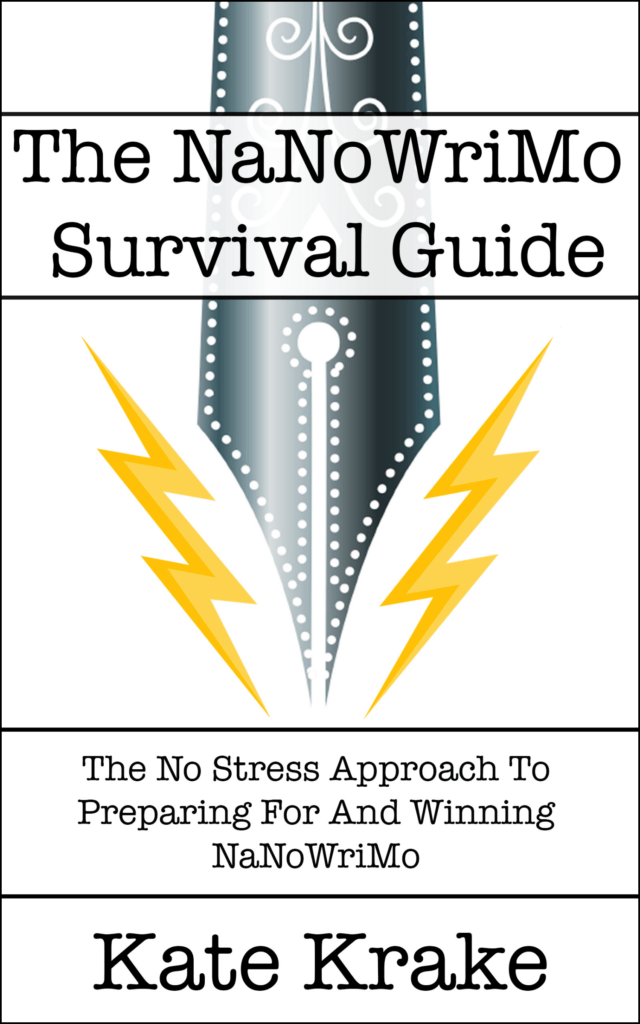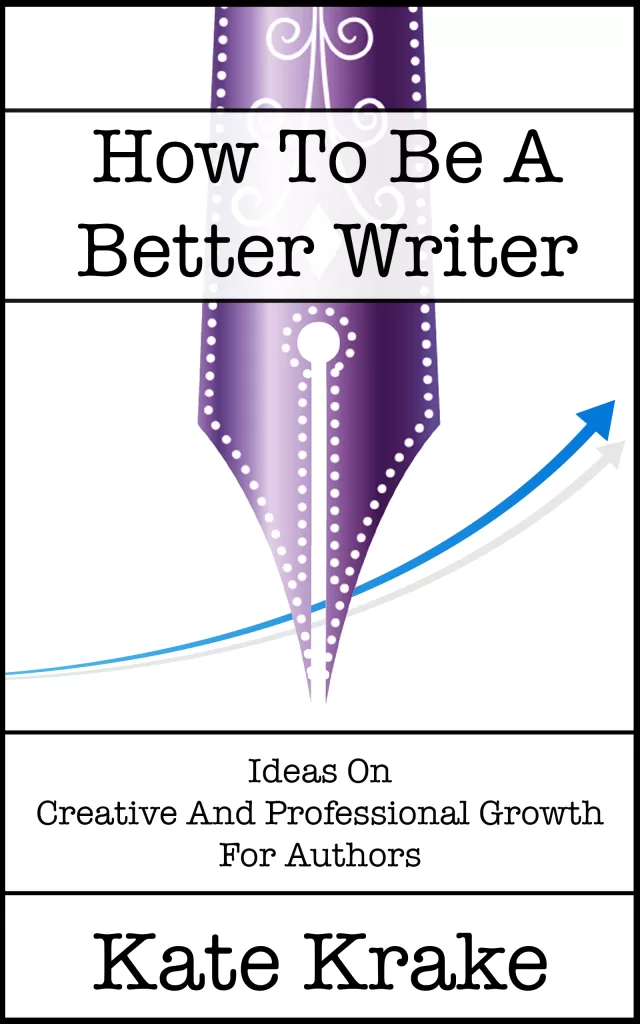Many of us have wanted to quit a writing project.
We’re writing along on a novel, or some other project, and it comes to a stop.
It’s not writer’s block.
It’s not resistance.
It’s not running out of ideas, and it’s not getting bogged down in that common middle slump.
We want to quit the project entirely and start working on something else.
There are a lot of reasons you might consider quitting your work in progress.
It’s boring.
It’s too hard.
It’s not what you thought it would be when you started.
It’s not commercially viable enough.
It’s been rejected too many times.
Some other idea has come along that’s too hard to resist.
Insert any number of variables here.
And these are all okay.
You can quit a writing project. And you can do it anytime you like for whatever reason feels right.
But….
Sometimes persisting is the best right thing to do.
But what about those other times? When is it really the right time to quit?
Dealing With Shiny New Idea Syndrome
If you’re being pulled away from your WIP by a new and shiny idea, it might be time to quit. But it’s usually not.
That new and shiny idea hasn’t had a chance to get all confused and sticky, like writing projects do. After all, that WIP was once a new shiny idea that you ran with.
So, try working on both.
Prioritize your WIP and also give yourself a little time to play in your new and shiny idea, developing it as a Play Project.
If you’re still making progress on the first WIP and still being drawn into the developing new thing, but still feel like the WIP isn’t for you, then quit.
If the new and shiny is losing some of its gloss, then keep going with the original WIP.
Sunk Cost Fallacy
Many a writer has toiled away for far too long on a project simply because they’ve toiled away for far too long on a project and don’t want to quit.
The time and energy already spent is seen as a waste and they’re determined to see it through, even though the whole thing feels awful and heavy and they don’t want to even think about it.
This is the sunk cost fallacy.
It’s a feeling that we must continue because of the investments we’ve already made.
It’s a false economy.
The value of the time already invested is already lost if the project isn’t serving you, so why bother wasting more time and energy on something you’ve either outgrown or hasn’t turned out to be as valuable as you had originally hoped?
It’s time to quit.
What’s the most valuable thing to you in your writing life?
Income?
Creative fulfillment?
Economy of time and energy?
Something else?
Consider your answer. This is what should guide your decision on whether to quit a project.
If you’re chasing royalties above all else and a project is turning out to be something less than marketable (it happens when those plot bunnies run rampant sometimes), then quit.
Or at least quit your trajectory and rework the project to regain some control over it.
If you’re chasing creative freedom and a more spiritual type of fulfillment, writing for the sake of the creative process itself, and something isn’t filling that well, then quit. Sometimes taking a break from something is the best thing for it. Even if it feels like a total quit and don’t look back move at first, there’s nothing stopping you from returning to that project at another time.
If something is taking far too long and your author life is stagnating or not even starting because of that, then quit.
Keep tinkering on it in the background as a Play Project if you have to, but stop giving it your focus.
You don’t have to listen to all those voices out there telling you to muscle through, persevere, and push yourself (and in our capitalist, productivity obsessed culture, there’s too many of those!). Wherever the urge that is telling you to quit writing is coming from, listen to it. Find out what’s at its core. Explore the feeling and the options that are available to you.
Quit when you know it’s right for you and your work, and do so with a light heart, knowing that you’re making an informed and deliberate decision.
If you’re grappling with the decision whether to quit a writing project, or something else in your life, I recommend reading Quit: The Power Of Knowing When To Walk Away by Annie Duke.


